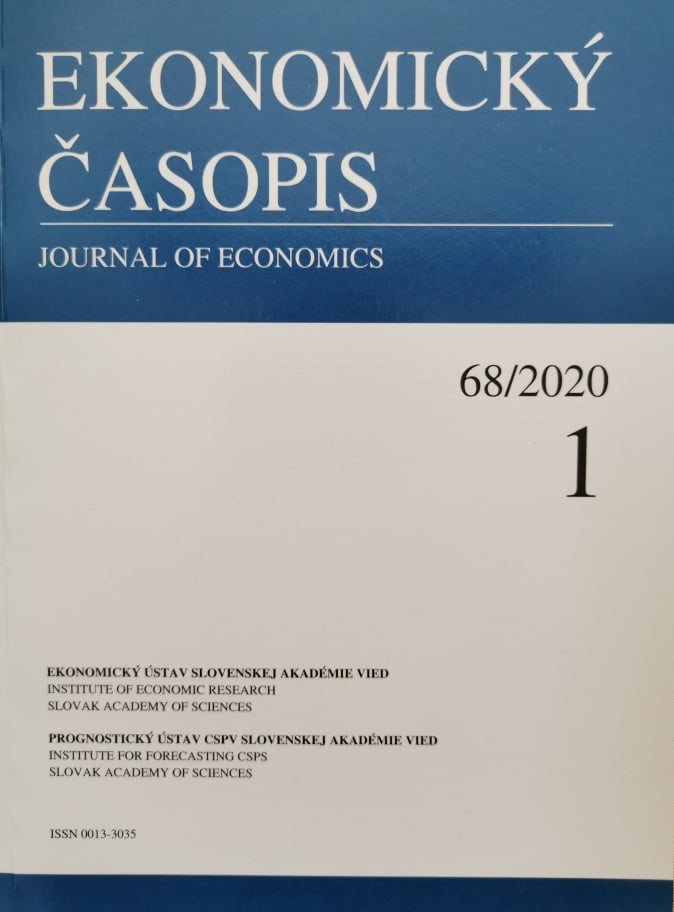Fiscal Decentralization and Inequality: An Analysis on Romanian Regions
Fiscal Decentralization and Inequality: An Analysis on Romanian Regions
Author(s): Anca Florentina Gavriluţă (Vatamanu), Mihaela Onofrei, Elena Cigu RusuSubject(s): Fiscal Politics / Budgeting
Published by: SAV - Slovenská akadémia vied - Ekonomický ústav SAV a Prognostický ústav SAV
Keywords: fiscal decentralization; regional inequality; intergovernmental transfers;
Summary/Abstract: Efforts to decentralize financially democratically elected local governments is a common theme across Europe because the particularities of each country determine a certain type of fiscal decentralization based on multiple criteria, including fiscal capacity. Over the last 20 years, some Western European countries have succeeded in establishing a form of balanced central government decision and fiscal decentralization that can help to reduce disparities between their own regions. Furthermore, European policies are geared towards reducing disparities both between countries and within the country, especially in the countries of Central and Eastern Europe, which face major disparities, as is the case of Romania. In this paper, we analyse regional-level fiscal disparities in Romania with fiscal and economic data over the period 2004 – 2015, by using Gini index to measure the dispersion of local fiscal capacity and a panel data approach to determine the extent to which decentralization involves inequality and the impact of fiscal decentralization on income inequality. The results of the analyses show that fiscal policy does very little to reduce inequality and poverty overall, finding a certain inequality in the distribution of revenues and an alarm signal regarding the "healing" nature of transfers from the state budget.
Journal: Ekonomický časopis
- Issue Year: 68/2020
- Issue No: 01
- Page Range: 3-32
- Page Count: 30
- Language: English

